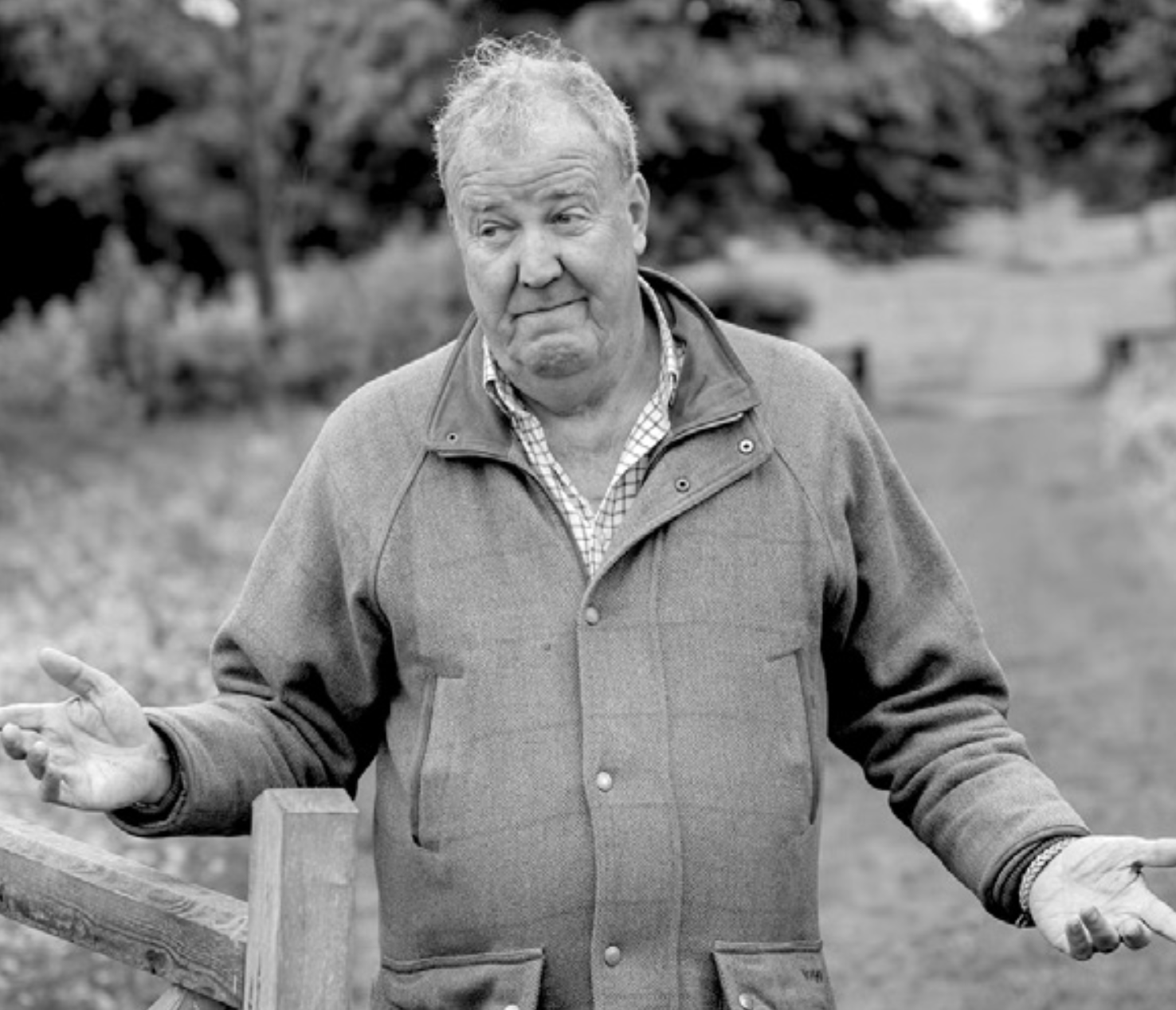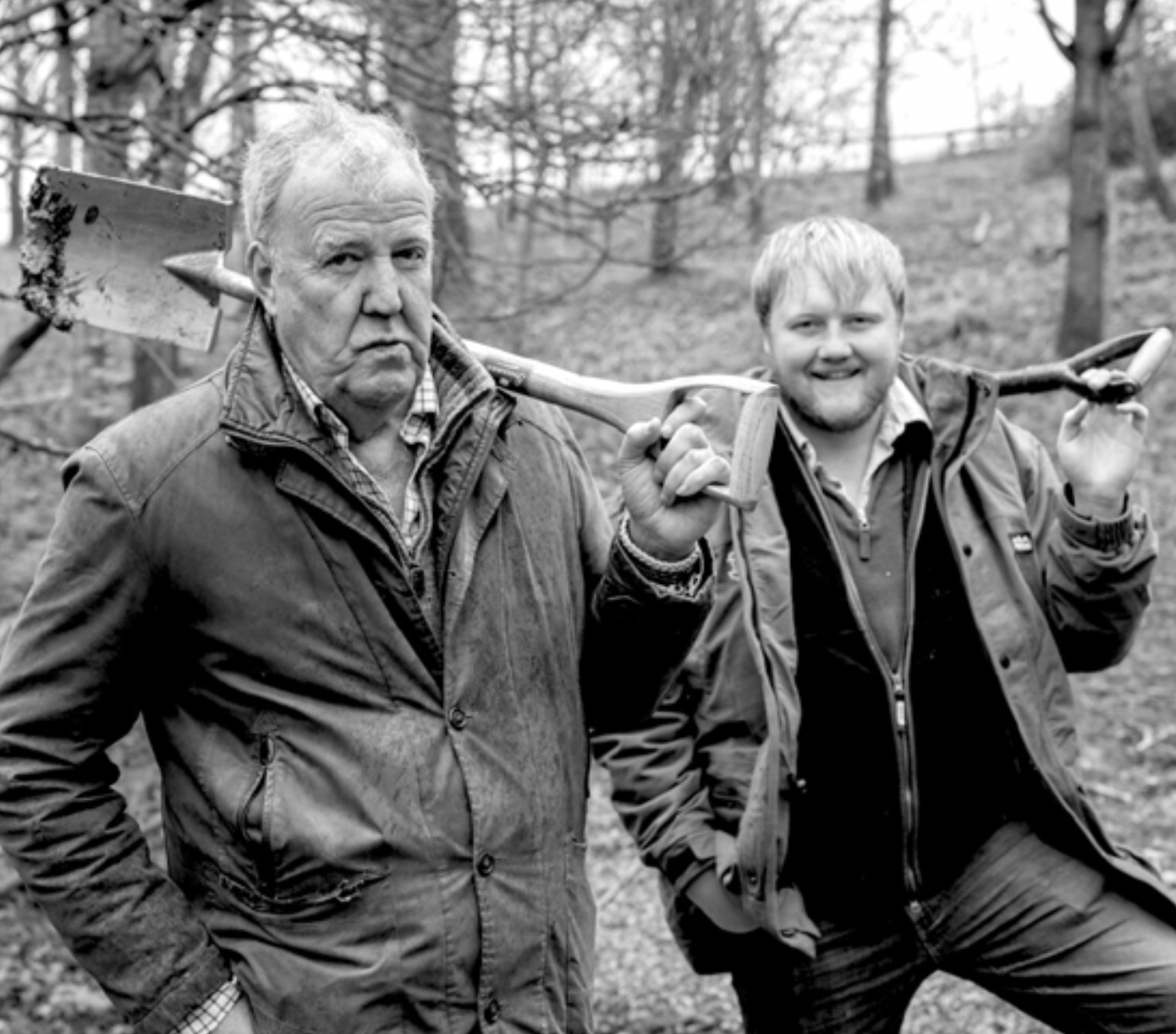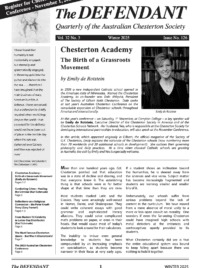Jeremy Clarkson is an English author and TV personality most renowned for driving fast cars and mixing with the glitterati in Monaco. But more recently, he has become known as the host of Clarkson’s Farm, a TV series on a quite different subject – agriculture.
Surprisingly, it reveals Clarkson, in fact if not in name, as a Distributist. The American writer, Auguste Meyrat, argues that Clarkson’s Farm offers a “new look at the Distributist dream.”

In The Stream, an online Christian journal (June 19, 2025), Meyrat describes the economic and social circumstances that are making Distributism more appealing. Free market capitalism may have vastly increased wealth, and a state- controlled order may have imposed greater egalitarianism, but they have had various deleterious effects.
They continue to rely on a system of wage and debt slavery, not ownership and personal independence, as well as on centralised managerialism – a perverse alliance between Big Business and Big Government, now intensified by the corporate use of Artificial Intelligence (AI). As a result, Meyrat argues, work has become “all the more alienating and dehumanizing.” He goes on:
Now, people are no longer neighbours or citizens: they are producers and consumers. While living standards and technological innovation should not be taken for granted, today’s globalized capitalist system has induced a widespread malaise in the developed world that might prompt people to reconsider the principles of Distributism.
Clarkson’s Farm, now in its fourth season and airing in nearly 250 countries, shows the huge transformation that has taken place in Clarkson’s life since he abandoned city life and has been operating a farm he bought several years ago in the English county of Oxfordshire. In Meyrat’s words:
From an unabashed capitalist in liberal England, … he gradually morphs into an Old World conservative who grouses about the local council and poor weather. Instead of testing the new supercar on a road trip through the Swiss Alps, he is filing paperwork to buy a farm-to-plate pub and restaurant and organizing a local farming cooperative.
In the course of the series, Clarkson learns how difficult the work is, and how marginalised farming communities have become. A combination of government controls and global market pressures, Meyrat observes, have reduced so many farms to boutique indulgences no longer conducive to productive farming.
But Clarkson is determined to make his property operate as a true farm, and he relies on a range of experienced farmhands to help him. This injects various touches of humour, as well as realism, into each episode, particularly in the exchanges between Clarkson and a local no-nonsense farm boy he employs, by the name of Kaleb Cooper. Kaleb, as one TV reviewer has described him, “speaks to Clarkson with a complete and disarming lack of awe.” (The Guardian, June 5, 2021)

Clarkson himself adds to the humour by not hiding his ignorance – and, despite his abundant self-confidence, revealing the self-mocking honesty of an English satirist.
Auguste Meyrat suggests that Clarkson’s Farm shows the practical potential of farming even today: Jeremy Clarkson and Kaleb Cooper
For the vast majority of viewers who only know life in cities and suburbs, watching Clarkson drive a tractor and chase after pigs is nothing short of a revelation. There really is life beyond the online retailer, corporate hierarchies, and addictive algorithms of social media.
Meyrat cites a recent book by the American futurist, Peter Zeihan, The End of the World Is Just the Beginning (2022), in which he predicts that the world order will increasingly “deglobalise”, forcing today’s nations to rediscover the virtues of regionalism and localism. It chimes in with Dale Ahlquist’s suggested renaming of “Distributism” to “Localism”.
Such an outcome, Meyrat concludes, may indeed be too good to be true, but it may also be too attractive to ignore.
Beyond making for good television, people today might come to realize that it makes for a good life.
